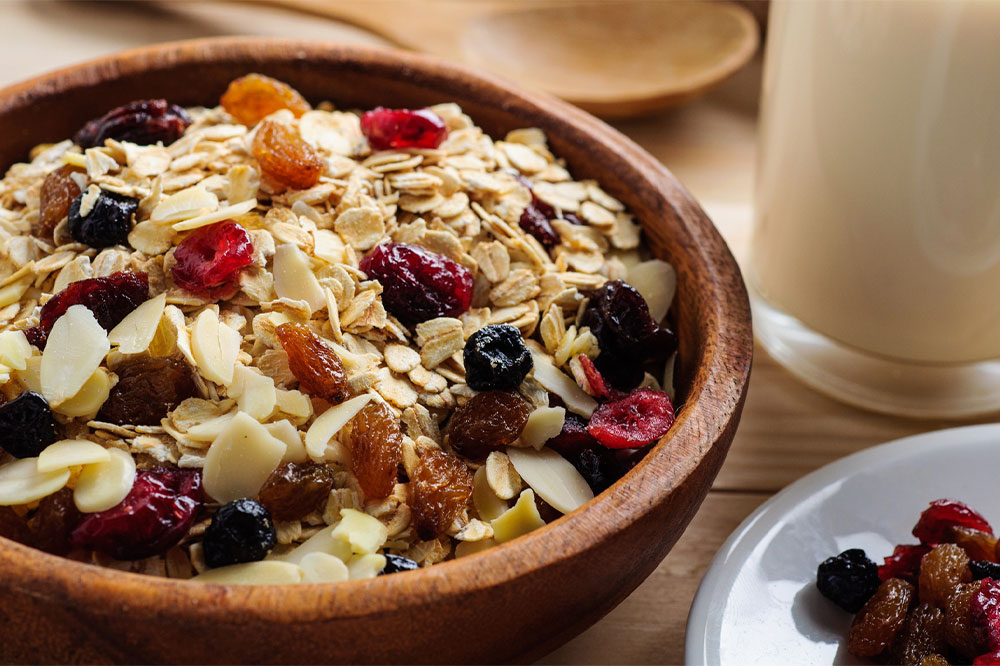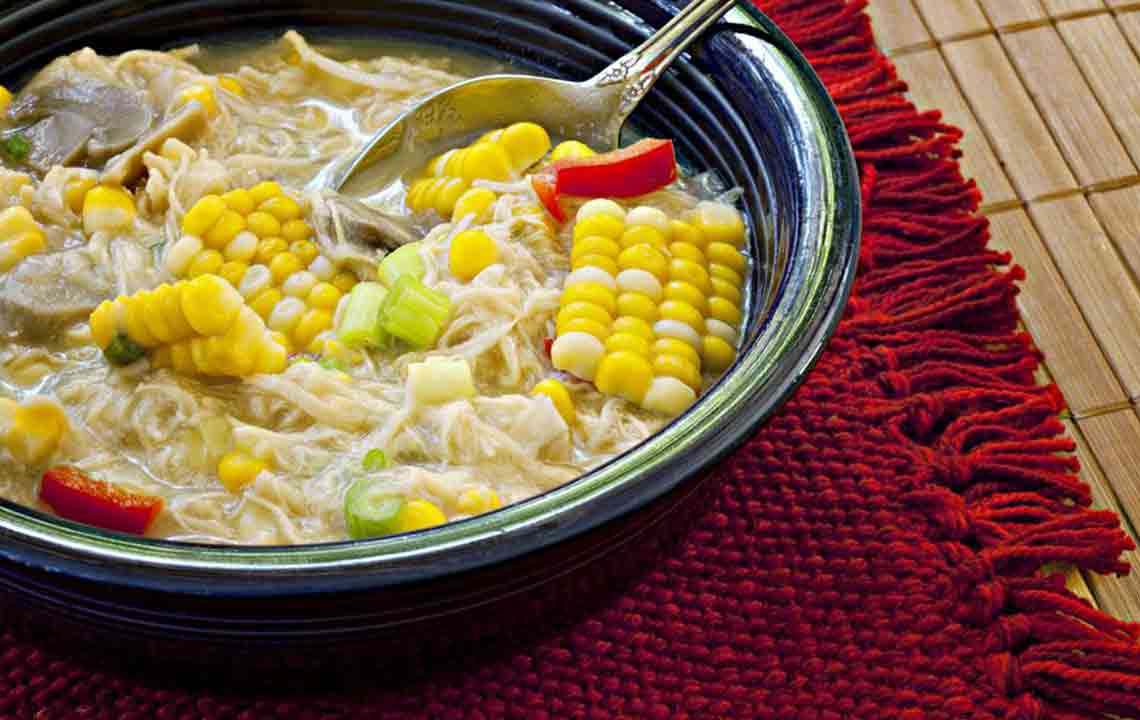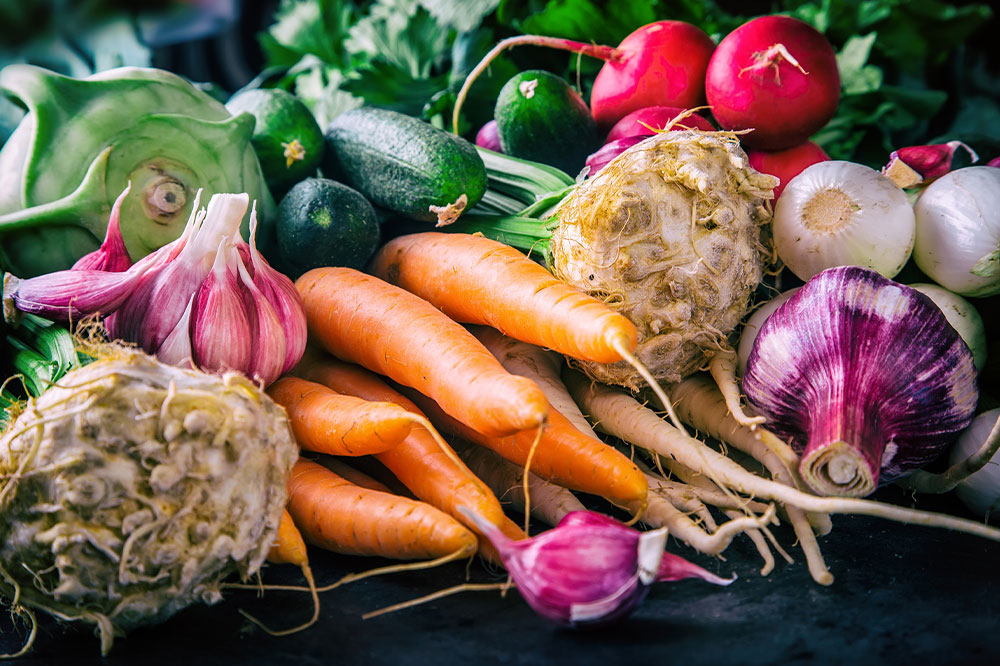Comprehensive Dietary Strategies and Medical Treatments for Ulcerative Colitis Management
A detailed, comprehensive guide on managing ulcerative colitis through strategic dietary choices and advanced medical treatments. Discover beneficial foods like omega-3-rich fish, probiotics, and easy-to-digest options, alongside cutting-edge therapies such as biologic medications. This article provides practical tips for reducing inflammation, alleviating symptoms, and promoting gut healing, empowering patients to take control of their condition effectively and improve their overall health.

Comprehensive Dietary Strategies and Medical Treatments for Ulcerative Colitis Management
Ulcerative colitis (UC) is a chronic inflammatory bowel disease that affects the colon and rectum, causing symptoms such as abdominal pain, diarrhea, and rectal bleeding. Managing this condition involves a combination of medical treatments and carefully curated dietary choices aimed at reducing inflammation, alleviating symptoms, and promoting intestinal healing. A balanced diet tailored to individual needs is crucial, especially during flare-ups when certain foods may trigger symptoms or worsen inflammation. This extensive guide explores evidence-based nutritional strategies, beneficial foods, and cutting-edge medical therapies to aid individuals living with ulcerative colitis in maintaining quality of life and improving overall health.
Understanding Ulcerative Colitis and Its Dietary Implications
Ulcerative colitis is characterized by inflammation and ulceration of the colonic mucosa. The precise cause remains unknown but involves a complex interplay of genetic predisposition, immune system dysregulation, environmental factors, and gut microbiota imbalance. During active phases, symptoms intensify, and dietary modifications can significantly reduce discomfort and prevent complications. Conversely, during remission, nutrition plays a vital role in tissue repair and preventing relapse. Therefore, understanding which foods are beneficial or detrimental is fundamental for managing UC effectively.
Key Nutritional Strategies for Ulcerative Colitis
Optimal management of ulcerative colitis involves adopting a diet that emphasizes anti-inflammatory properties, supports gut healing, and supplies essential nutrients without irritating the delicate gastrointestinal lining. The core principles include selecting nutrient-dense foods, avoiding triggers, and ensuring sufficient caloric intake to prevent malnutrition—an issue common in UC patients. Let's delve into the specific food groups and nutrients that can help you control symptoms and foster healing.
Incorporating Omega-3 Fatty Acids for Anti-Inflammatory Benefits
One of the key nutritional components recommended for UC patients is omega-3 fatty acids, known for their potent anti-inflammatory effects. Rich sources of omega-3s include fatty fish such as salmon, mackerel, sardines, and albacore tuna, which can be incorporated into meals multiple times a week. These fish contain high levels of eicosapentaenoic acid (EPA) and docosahexaenoic acid (DHA), compounds that modulate inflammatory pathways and may reduce UC flare severity. Besides fish, plant-based omega-3 sources like ground flaxseed, flaxseed oil, walnuts, and chia seeds are excellent options—adding these to your diet can bolster anti-inflammatory benefits. Consuming a balanced intake of omega-3s not only supports colon health but also reduces cardiovascular risks, which are elevated in UC patients. Preparing baked, grilled, or steamed fish ensures minimal added fats and preserves nutrient content, making these an ideal staple during different phases of disease management.
Probiotics and Fermented Foods: Supporting Gut Microbiota
Emerging research underscores the importance of gut microbiota in maintaining intestinal health and modulating immune responses. Probiotic-rich foods play a pivotal role in replenishing beneficial bacteria, which can be disrupted during UC flare-ups. Incorporation of fermented foods such as unsweetened yogurt with live cultures, kefir, miso, kimchi, and sauerkraut can help restore microbial balance, reduce inflammation, and strengthen the gut barrier. When choosing yogurt, opt for plain varieties free from added sugars to maximize probiotic effectiveness. Adding fresh fruit or a drizzle of honey can enhance flavor while keeping sugar intake in check. Regular consumption of probiotic foods has been linked to fewer flare-ups and improved symptom management, making them an integral part of a UC-friendly diet.
Eating a Rainbow of Vegetables: Focus on Squash and Root Vegetables
Vegetables rich in antioxidants and fiber are essential for tissue repair and gut health. Among these, squash varieties—such as zucchini, butternut, acorn, and spaghetti squash—are particularly beneficial. They contain high levels of vitamin C, beta-carotene, and other phytochemicals that combat oxidative stress and promote mucosal healing. Because high-fiber foods can sometimes exacerbate symptoms during active inflammation, cooked or roasted squash is preferred, as cooking softens fibers and reduces irritation. These vegetables can be incorporated into soups, purees, or used as noodle substitutes through spiralizers, offering variety and nutritional value without compromising gut comfort.
Eggs: A Gentle, Nutrient-Dense Protein Source
Eggs are considered one of the most digestible, nutrient-dense protein sources suitable for UC patients. They provide essential vitamins—including B12, D, and selenium—which assist in immune function and energy production. Preparing eggs in gentle ways such as boiling, poaching, scrambling, or making omelets allows for versatile meal options that are unlikely to trigger symptoms. Incorporating eggs into your diet can help address malnutrition and fatigue often experienced during active disease phases, making them a valuable nutritional asset for UC management.
Healthy Fats and Nutritional Support from Avocados and Nuts
Avocados are rich in heart-healthy monounsaturated fats, which support weight maintenance and combat malnutrition during flare-ups. Their creamy texture and mild flavor make them versatile additions to salads, spreads, smoothies, or simply eaten on their own. Nuts like almonds and walnuts also provide healthy fats, fiber, vitamins, and minerals beneficial for overall health. However, during active inflammation, fiber-rich nuts should be consumed cautiously to prevent irritation—initial reintroduction should be gradual, monitoring individual tolerance. Nut butters and ground nuts can be easier to digest and serve as concentrated sources of calories and nutrients, supporting recovery and maintaining energy levels.
Easy-to-Digest Fruits: Applesauce and Other Options
During UC flare-ups, digestive comfort is paramount. Unsweetened applesauce is an excellent choice—providing vitamins and minerals in a smooth, easily digestible form. It can be homemade or store-bought, but homemade versions without added sugars are preferred. Other gentle fruits include bananas and canned peaches—rich in nutrients and often well-tolerated by sensitive intestines. These fruits help prevent deficiencies and can be incorporated into smoothies or eaten as snacks, ensuring nutritional intake without aggravating symptoms.
Instant Oatmeal and Whole Grains for Quick, Nutritious Meals
Instant oatmeal made from plain oats is an excellent quick meal or snack option for UC patients. It is easy on the digestive system and can be flavored with fresh fruits, cinnamon, or a dollop of nut butter for added taste and nutrients. Selecting low-sugar, minimally processed oats helps avoid blood sugar spikes and gastrointestinal discomfort. Whole grains like rice, millet, or gluten-free options can also be included gradually as tolerated, supporting fiber intake and digestive health.
Importance of Lean Proteins and Avoidance of Fats That Trigger Symptoms
Lean meats such as chicken breast, turkey, lean cuts of beef, and pork loin are ideal for supporting tissue repair, immune health, and digestion. Cooking methods matter: baking, boiling, or grilling are preferable over frying, which can introduce excessive fats and irritate the gut. During flare-ups, high-fat meats should be avoided to minimize inflammation and discomfort. Emphasizing lean, nutrient-rich proteins forms part of a balanced diet that promotes healing and reduces disease activity.
Medical Treatments and Biologic Therapies for Ulcerative Colitis
Alongside dietary modifications, medical therapies are fundamental for managing ulcerative colitis effectively. Medications such as AVSOLA® (infliximab-axxq), a biologic agent, are approved for moderate to severe UC cases. Infliximab, administered via intravenous infusion under medical supervision, works by neutralizing tumor necrosis factor-alpha (TNF-α), a key inflammatory mediator. This therapy helps reduce inflammation, achieve remission, and promote mucosal healing. Patients on infliximab often experience significant symptom relief and improved quality of life. Another biologic option is ENTYVIO® (vedolizumab), which targets specific integrins involved in gut inflammation. Given every second and sixth week, ENTYVIO® effectively manages inflammation in UC and Crohn’s disease cases. Like all biological therapies, it may cause side effects such as headache, fatigue, or sore throat, which require monitoring by healthcare providers. These advanced treatments mark a significant step forward in UC management, especially when traditional therapies alone are insufficient.
Conclusion: An Integrated Approach for Optimal UC Management
Managing ulcerative colitis requires a comprehensive approach that combines personalized dietary strategies with appropriate medical therapies. Understanding which foods support gut health—rich in omega-3 fatty acids, probiotics, antioxidants, and easy-to-digest nutrients—can significantly reduce flare-ups and improve quality of life. Simultaneously, advances in biologic treatments such as infliximab and vedolizumab provide effective options for controlling severe disease activity. Collaborating closely with healthcare providers, including dietitians and gastroenterologists, ensures tailored plans that meet individual needs, mitigate symptoms, and promote intestinal healing. By integrating these nutritional and medical strategies, individuals with UC can navigate their condition more effectively and enjoy a better quality of life.





